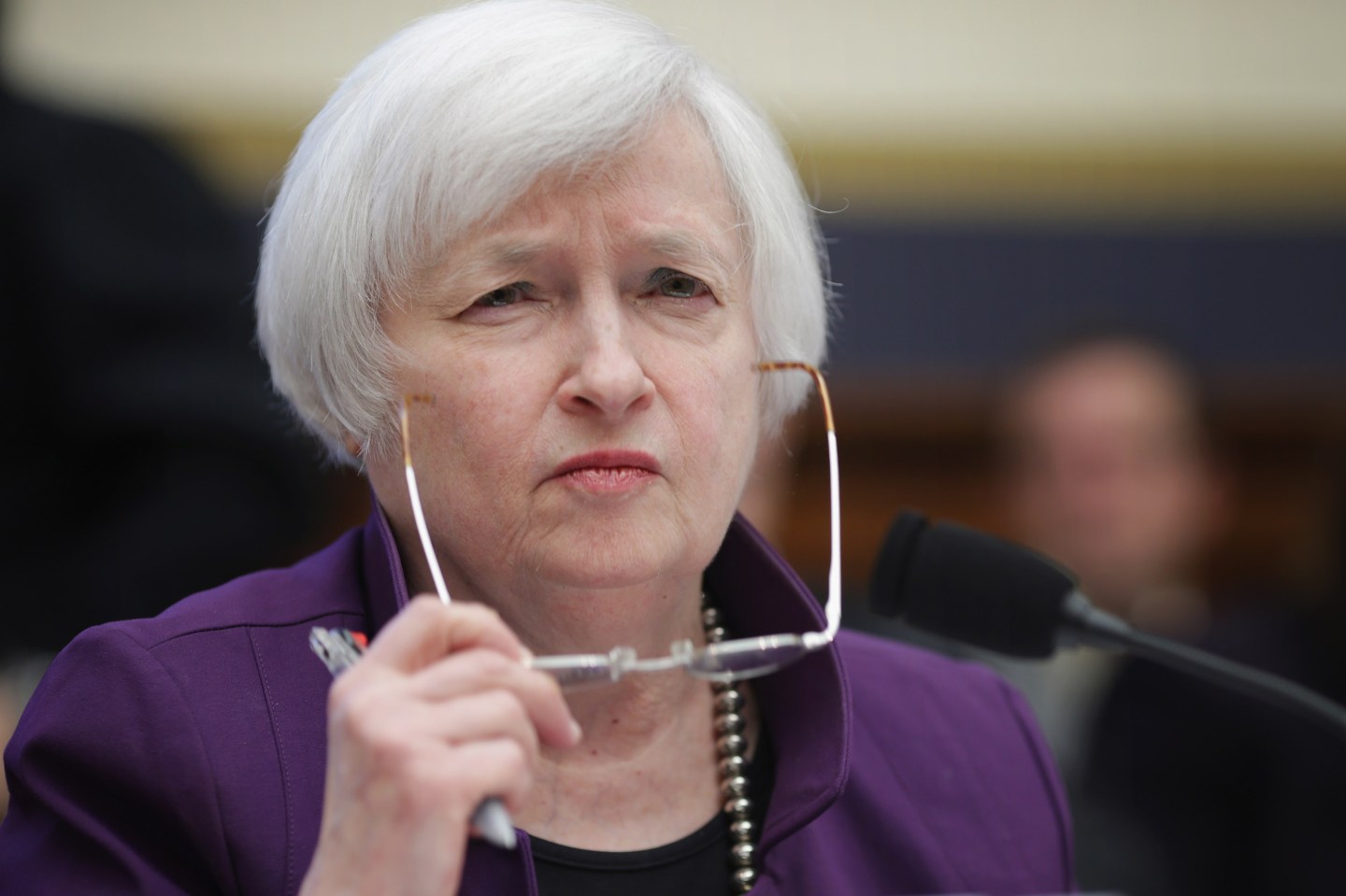The Federal Reserve administers stress tests to the largest U.S. banks each year to see how they would fare in a hypothetically turbulent economy. The regulator is expected to make those tests more difficult to pass.
No changes have officially been proposed but, as the New York Times reports, a senior official says that the Fed is considering different modifications. The test estimates how much a bank would lose in an unstable market. That is then subtracted from its capital, the amount of money a financial institution has to fall back on, and if that number falls below the minimum requirement, the bank fails. Failure of the test could result in certain limitations, like being kept from making payouts to shareholders.
Fed governor Daniel K. Tarullo said in a Bloomberg Television interview that there’s “more than a good chance” banks will be required to have a higher amount of minimum capital in order to pass the more difficult test.
Some argue that requirement interferes with lending and trading. Those who support a higher minimum say that it would make big banks more resilient and reduce their risk of failing in a non-hypothetical turbulent economy, which could result in a domino effect involving other big firms.
Banks could maintain their size with a higher minimum by making less payouts to shareholders, but Tarullo seemed hopeful that it would instead encourage them to “reduce their systemic footprint and risk profile.”












